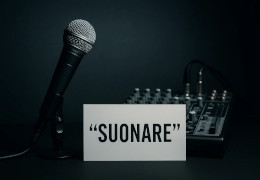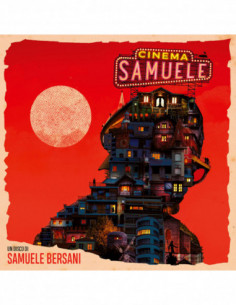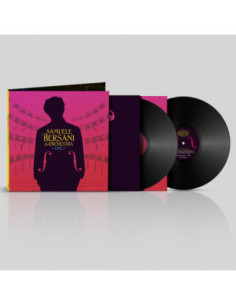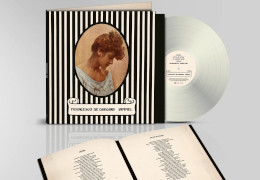“En e Xanax” by Samuele Bersani — the grace of less
When a song doesn’t ask to be understood but sits beside you: restraint, clarity, a quiet truth.
There are songs that drag you onto the dance floor and songs that find you already seated, with scattered thoughts, and gather them one by one. En e Xanax belongs to this second family: it doesn’t flaunt power, it doesn’t chase emotional shortcuts, it doesn’t use glitter to distract you. It chooses the rarer gesture: closeness. It’s a song that doesn’t push — it accompanies.
The first impression is simplicity. But stay for a moment and you’ll feel it’s the simplicity of things well made: the kind that doesn’t need to shout its presence. The words arrive as words do between people who care for each other: no stage sets, no forced high notes, with that quiet order that focuses everything else. It’s a sincerity that doesn’t put you on the spot; on the contrary, it frees you from the anxiety of having to “feel something.” Here, emotion is a side effect of restraint.
Key words
- Restraint: nothing more than necessary.
- Clarity: every element has a reason.
- Nearness: voice, images, the rhythm of speech.
In an era that confuses volume with intensity, En e Xanax takes a different path. It doesn’t rely on a coup de théâtre, it doesn’t chase a fifteen–second effect: it lets the Italian language do its work, with accents falling in the right places and pauses that breathe. And that cleanliness doesn’t cool things down — quite the opposite. Precisely because it doesn’t overwhelm you, it lets you recognize yourself. The song doesn’t demand: it resembles you.
Maybe that’s what we’ve been missing in the more exposed side of Italian music: the courage of less. The courage to let silences live, not to cover with layers of sound what the lyrics don’t say, not to look away when the true thing is simple. Simplicity, when it’s genuine, isn’t poverty of means: it’s richness of choices. It’s knowing how to say no to whatever blurs the meaning, until only what matters remains.
Moments that click
It’s not special effects that linger, but details that feel inevitable: a word placed just right, a pause arriving at the perfect time, a melody that doesn’t elbow its way through — and is remembered for that very reason.
There’s a form of kindness in all this. Kindness toward the listener, who isn’t asked to “understand” but simply to be there. Kindness toward the song, which isn’t loaded with roles that don’t belong to it. And kindness toward time: songs like this don’t wear out quickly; they don’t deflate at the fourth listen. They endure — not out of nostalgia, but out of adherence to reality.
The modernity of En e Xanax lies right here: in a counter–current way of being in the world. While everything rushes, this song accepts the pace of the human. It allows you to focus on one thing at a time — a sentence, an image, a breath — and you realize you lack nothing. Restraint becomes a form of trust: trust in who sings, in who listens, and in the language that binds them.
Press quotes
“You have the soul I wish I had.” — Rockol, Canzoni da leggere
“En e Xanax is me and her.” — Samuele Bersani on Radio Italia
“Great care put into the production.” — Rockol, review of Nuvola numero nove
“A track that wins you over from the first listen … for its linearity and … immediacy.” — L’Isola che non c’era
In the end, a light yet precise feeling remains: that of having been seen without fuss. En e Xanax doesn’t ask you to change your mind about anything; it simply suggests looking at the same things with fewer interferences. And almost without noticing, something shifts by a millimeter. Sometimes that’s enough to call a song a masterpiece: its ability to refocus the everyday.






















